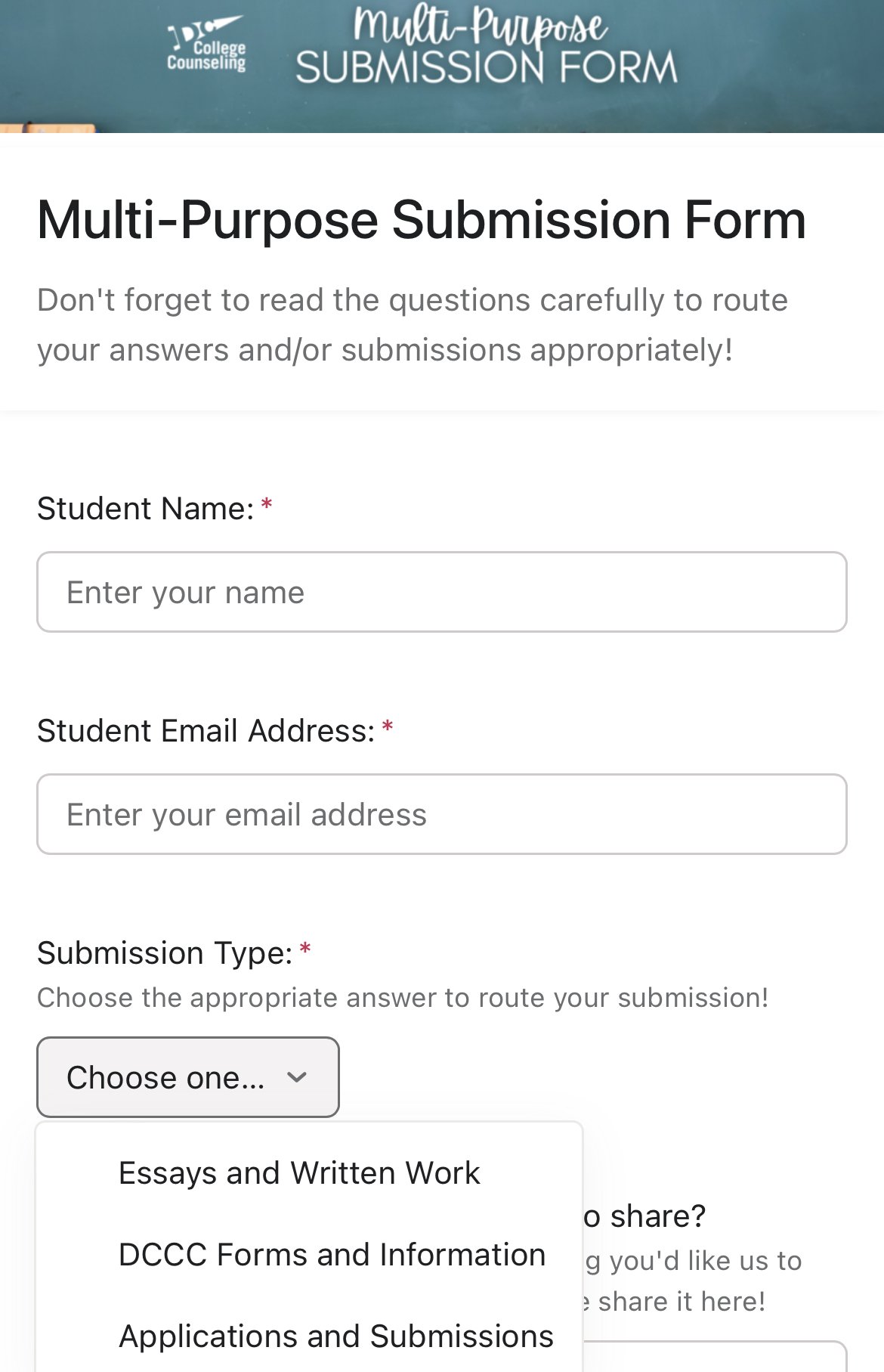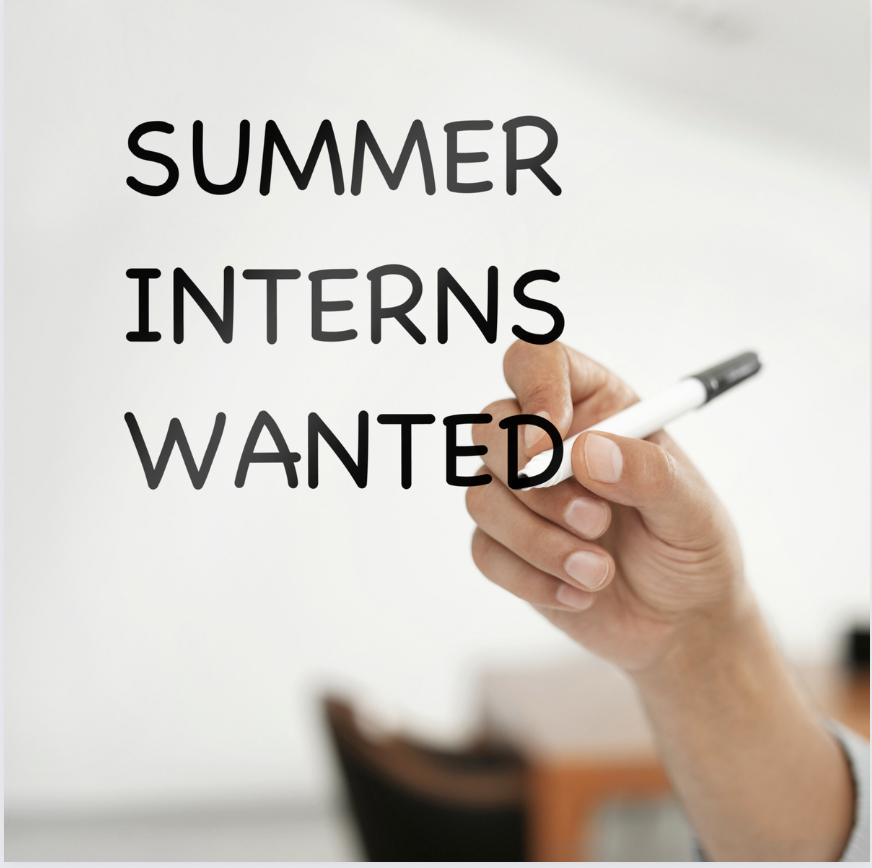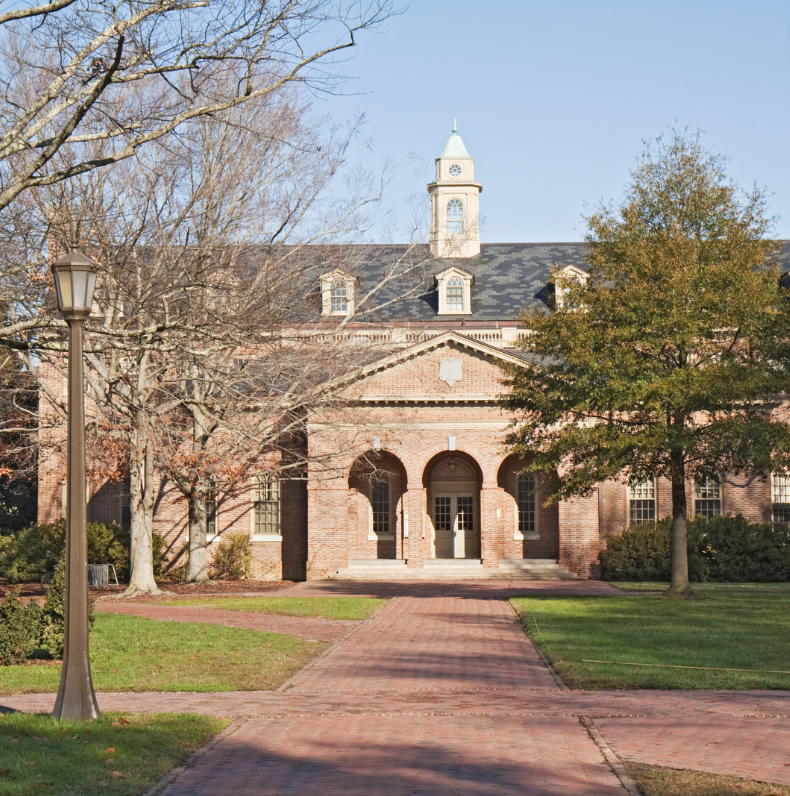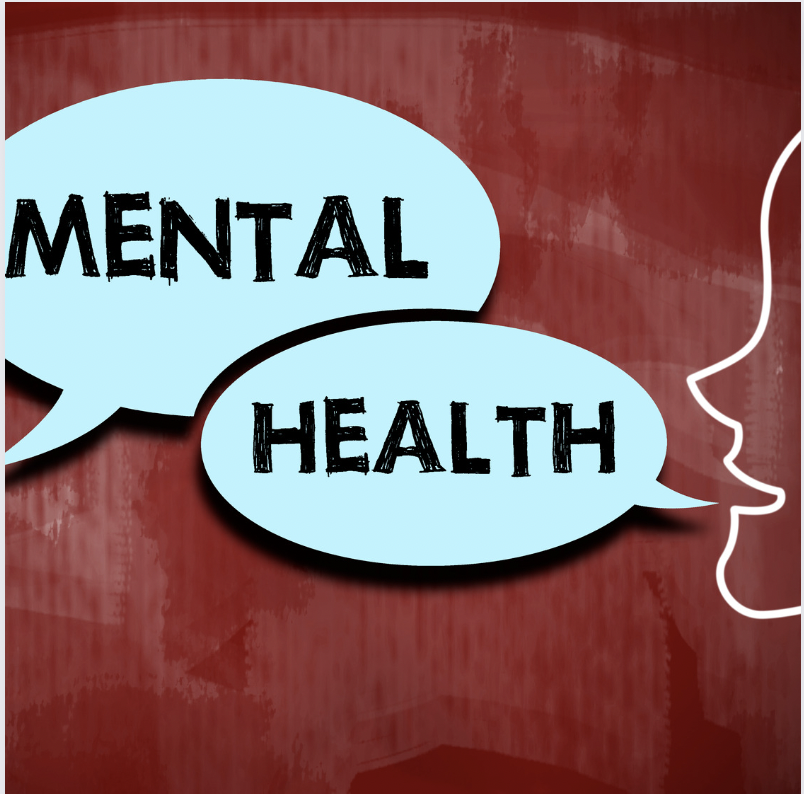BIGGEST COLLEGE-RELATED NEWS OF THE WEEK
WAKE FOREST DOES AWAY WITH INSTITUTIONAL APPLICATION
Students will no longer be able to apply to Wake Forest using the school’s own institutional application - this cycle, Wake will offer only two application options: Common or Coalition/SCOIR. This is particularly important for students who want to take advantage of Wake’s rolling ED application. The rolling admissions process makes it possible for a student to apply ED to Wake in August or September and, if they receive a deny decision, apply ED I to another school before the November deadline.
However, the Common ApplicationⓇ only allows students to apply ED I to a single school and will block any subsequent ED I applications, even if the student hears back from the first school early. As a result, students wishing to apply rolling ED to Wake should do so using the Coalition/SCOIR application, so that they can apply ED I to another school, if need be, through the Common AppⓇ.
HOUSE COMMITTEE INVESTIGATES UC BERKELEY PROGRAM
The House Select Committee on the Chinese Communist Party is expressing concerns about national security risks posed by UC Berkeley’s Tsinghua-Berkeley Shenzhen Institute, a collaboration with China’s Tsinghua University. The Committee is questioning whether Berkeley has properly disclosed Chinese funding for the Institute, as well as whether the Institute gives China access to U.S. military technology. Berkeley has said it will cooperate with the inquiry.
UNIVERSITY OF TENNESSEE FACES $8 MILLION FINE
The NCAA is fining the University of Tennessee eight million dollars following an investigation into recruiting violations. Tennessee football also faces five years probation. The number means that Tennessee will lose a total of 28 scholarships for athletes. The university has already self-imposed a loss of 18 scholarships, and will need to hold back 10 additional scholarships over the next several years.
COLUMBIA UNIVERSITY INSTITUTE CHALLENGES TEXAS TIKTOK BAN
A lawsuit filed last week by the Knight First Amendment Institute at Columbia University supports a coalition of faculty from Texas public universities, who argue that the state’s TikTok ban prevents them from using the platform to teach or conduct research. Texas is one of several public state university systems to ban TikTok on school-owned devices or networks. The lawsuit asks that faculty be exempted from the ban, so that they can use TikTok for research and teaching.
BEST ARTICLES OF THE WEEK
Jeff Selingo’s Next newsletter last week covered some of the biggest things we are watching in the wake of the Supreme Court’s affirmative action decision. We were particularly interested in Jeff’s discussion of when college admissions officers will know about the racial and ethnic makeup of the incoming class. Will they only be able to see the data after students commit in May, or will they have the ability to look before students submit their deposits?
While race cannot be used as a factor in admissions, if deans know the makeup of their class before deposit deadlines, race may play a major role in recruitment. If race is a factor in yield, we may see it impact financial aid packages, visits, and other outreach that contributes to how colleges increase their yield.
A fact that won’t be surprising to most parents: college is getting more expensive. Average tuition at private colleges is $40,000, and goes down to $10,500 as an average for state colleges. But for highly selective colleges, those numbers are much higher. This article digs into some of the reasons why a college like Harvard has a final cost - including tuition, fees, housing, books, and cost of living - of $95,438 per year. Causes include the salaries of faculty. The main business of colleges, after all, is teaching - which is something that has not (yet) been outsourced to advances in AI or other tech. Plus, wealthy families are able and willing to pay more in tuition for nicer dorms, better food, and prettier campuses. And state subsidies are dropping - 37 states decreased the amount they spend on public education between 2020 and 2021.
But there is a silver lining: while the sticker price of college has gone up, the amount that the average student actually pays for college is going down. Adjusting for inflation, students and families pay 11% less on net for college than they did five years ago.
This article explores the impact that “ALDC” admissions has on the college admissions landscape, and how it may change in light of the Supreme Court decision. ALDC stands for athletes, legacies, children of donors, and children of faculty and staff - a population that makes up about 5% of Harvard applicants, but 30% of admitted students. This example is not unique amongst highly selective colleges, and the likely outcome from ALDC admissions is a whiter student body - something that may not be possible for colleges to maintain after the affirmative action decision.
OFFICE HAPPENINGS
Wondering how to fill that “Honors” section on the Common AppⓇ? Looking for some more activities this year? Check out some of these contests and other opportunities:
Library of Congress Friends’ Choice Video Game Challenge - Create video games that “improve public knowledge of civics” and win up to $20,000! This contest is open until November 27.
Virginia’s Soil & Water Conservation Districts Photo Contest - Submit up to 10 photos showing what conservation looks like by August 1 and win in one of three categories, including Young Photographer for photographers under age 18.
Northern Virginia Soil & Water Conservation Poster Contest - Design a poster focusing on the theme of watersheds and “One Water” and submit by September 30. Winners will be forwarded to the state competition.
Fairfax Food Council Youth Representatives - Rising juniors who live and attend school in Fairfax County, Fairfax City, and Falls Church are eligible to apply, and should do so by September 15.
National Environmental Youth Advisory Council - If you are over 16 and interested in environmental science or other related issues, this is a great position. Apply by August 22, and don’t forget to check out their info session on August 7.
If you are a current client interested in any of the above positions, let us know - we are happy to help with your application!
























































